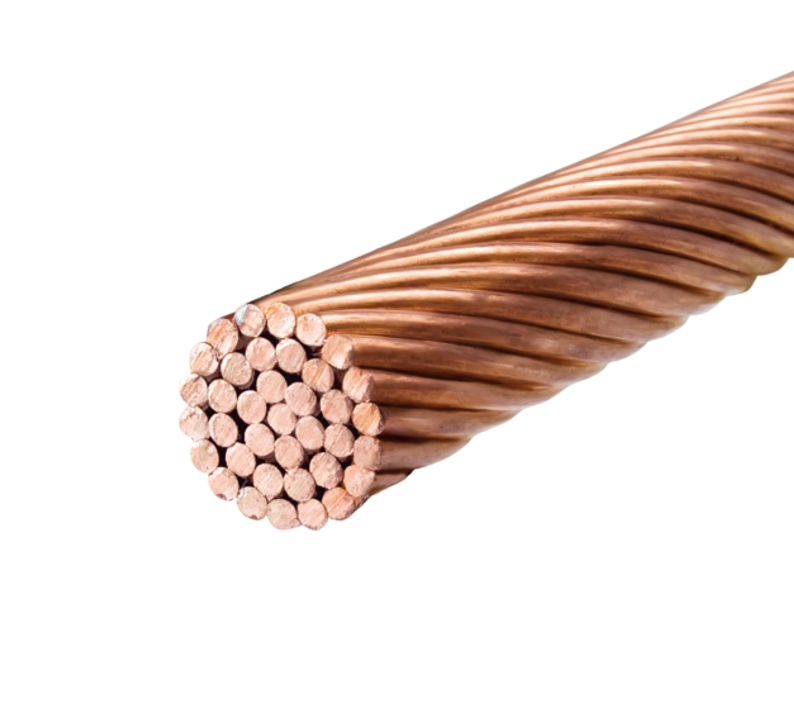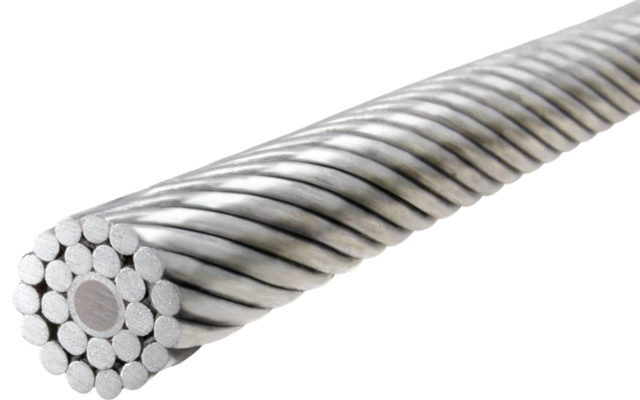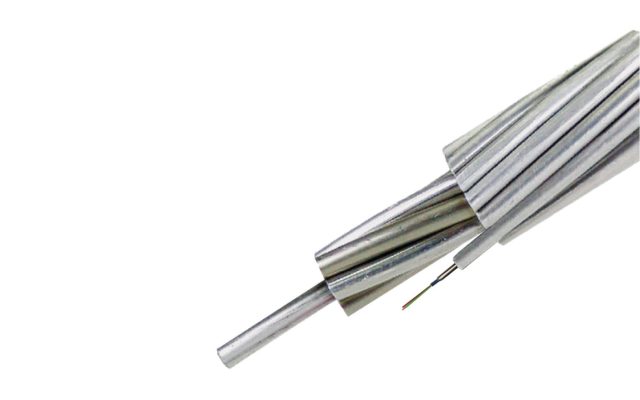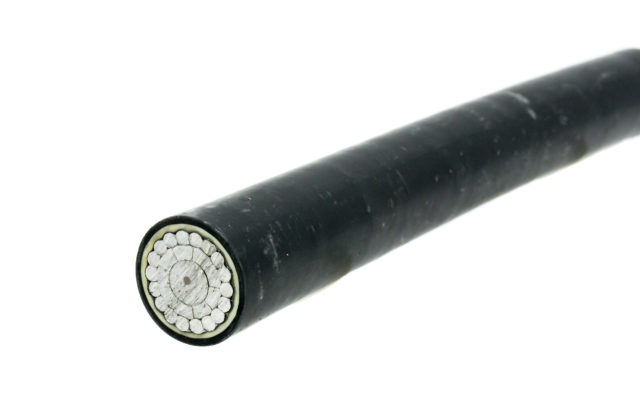Introduction
The copper conductors, thanks to their great electrical conductivity, have been the first type of conductors used for the electrical lines.
Nowadays, its weight limits the application for MV (Medium-Voltage) and HV (High-Voltage).
It remains widely used for railway catenaries, LV (Low-Voltage) lines and substation connections (SSE).

Engineering
In addition to the copper conductors (Cu) listed in the international norms, De Angeli Prodotti can produce customized compositions with physical state raw or annealed.
Advantages
The copper conductors stand out for their high electrical conductivity.
The annealing of the copper permits two main advantages: further increased conductivity and greatly improved flexibility.
The advantages of copper conductors are manifold, making them a preferred choice for various electrical applications. Firstly, the high electrical conductivity of copper ensures efficient transmission of electricity, minimizing energy losses during distribution. This property is particularly crucial in applications where the demand for power transmission is high, such as in wire and cable manufacturing or stranded conductor assemblies.
Moreover, the tensile strength of copper wire is noteworthy, providing durability and reliability in various operating conditions. This strength, combined with the exceptional thermal conductivity of copper, ensures optimal performance even under high temperature environments. Additionally, copper conductors boast excellent corrosion resistance, particularly when compared to other metals. This corrosion-resistant property makes them suitable for outdoor and exposed installations, such as national electrical grids or railway catenaries, where exposure to environmental elements is inevitable.
Furthermore, the flexibility afforded by annealed copper conductors enhances their usability and versatility in diverse applications. The annealing process not only increases conductivity but also greatly improves flexibility, allowing for easier handling and installation. In summary, the advantages of copper conductors, including their high conductivity, tensile strength, thermal conductivity, and corrosion resistance, make them indispensable components in various electrical systems, ensuring reliable and efficient performance in demanding environments.
Download
Conductors for railways vertical_align_bottomDownload PDF


